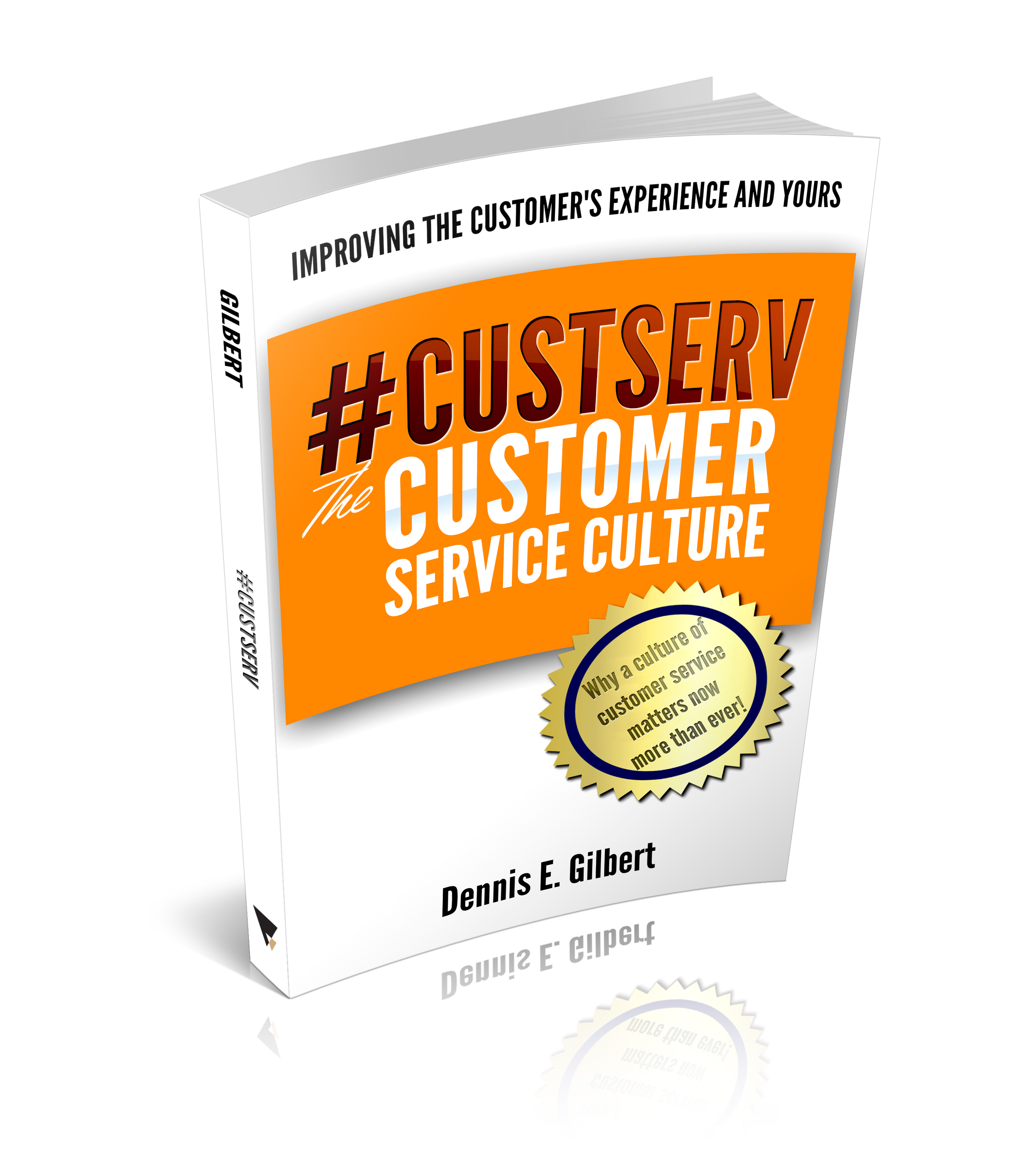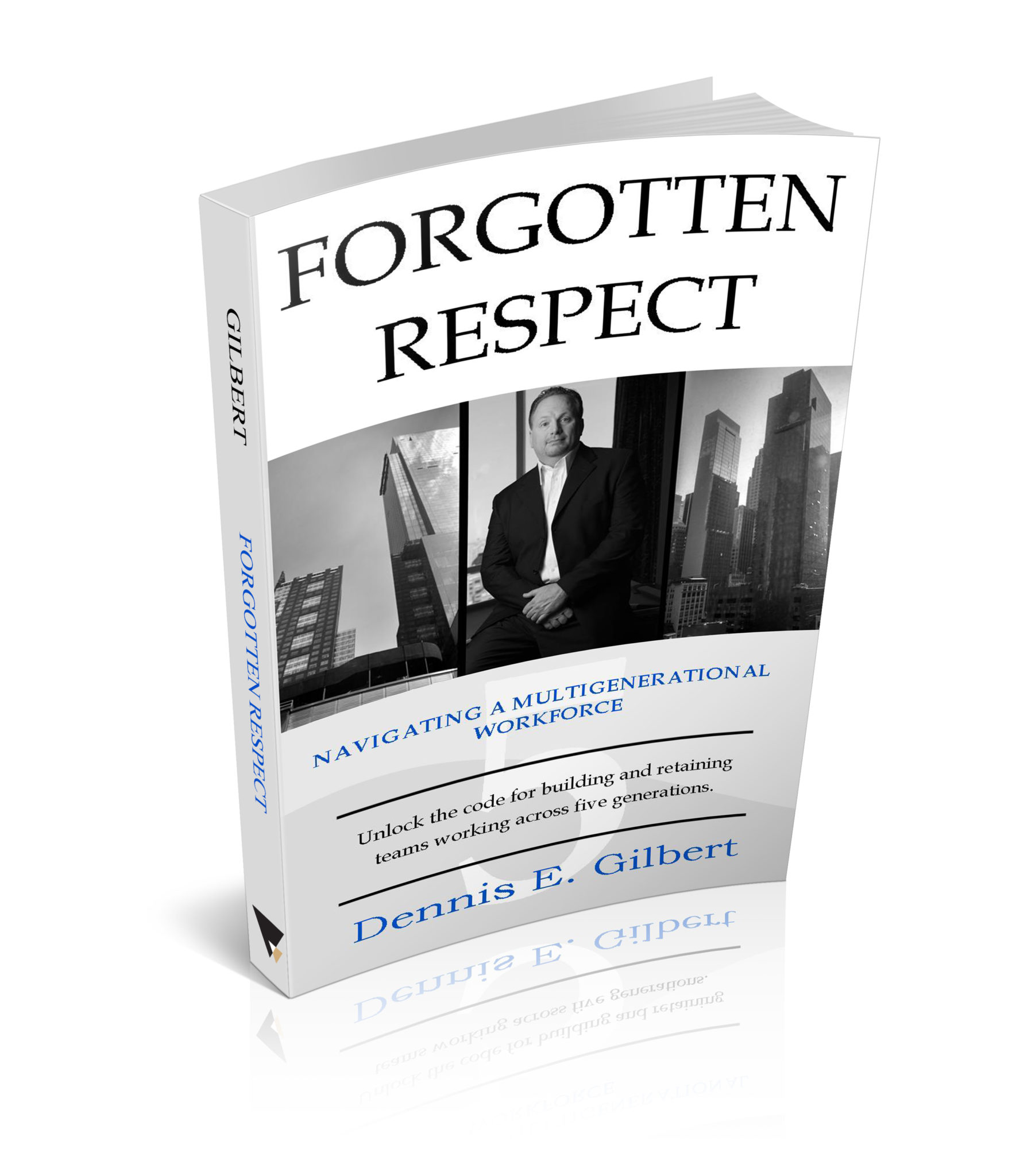
Communication Experiences, Doc Holliday Changed Mine
Everyone has communication experiences. Recognizing how individual experiences affect conversation clarity can make a significant difference in the workplace and in life.
A number of months ago my nephew sent me a text message, “I got a new whip.”
I thought, what the heck? What does he mean a new whip?
Moments later a picture of a new bicycle popped into my message box on my phone.
I laughed.
Then a few days ago I stumbled across a line from a movie. A line that I recognized easily, only now it was different. It was different from what I had understood for more than 25 years.
“I’m your huckleberry.”
Do you know the movie? Tombstone, produced in 1993.
If you saw the movie, you’ll likely remember this line or phrase.
Doc Holiday, (Val Kilmer) said it many times as he was about to draw his pistol in a old west style gun fight.
Only, what I learned was this is not what was being said. Apparently in the mid-1800s the handle on a casket was called a huckle, and someone helping to carry the casket was called a bearer. Today, we often call this a pallbearer. (Example scene 1:15)
Immediately, I went to YouTube and searched, “I’m your huckleberry.”
When I listened differently. I heard it differently.
Communication Experiences
This isn’t where my experience stopped.
It is where it started.
It started here because this movie is more than 25 years old. This means that Generation Z likely knows little about this movie. Certainly, good movies last for decades and decades, but would Gen Z connect with this experience? Would the youngest millennials?
Some of them, perhaps. They may have watched it with their parents or even an older brother or sister. It’s a western theme by genre so some will have skipped it all together.
Communication shapes our experiences. A huckleberry is much different from a huckle bearer. (My spell checker doesn’t even validate huckle.)
A YouTube or Google search follows what the masses of people would search, huckleberry. Some suggest that Val Kilmer was actually saying, huckleberry. It was a mistake with his lines and then they kept using it.
What communication have you misunderstood? What communication have the people all around you misunderstood?
How will you communicate better when the workforce is generationally diverse such that they may not understand what you understand?
It’s really just the edge of a much deeper topic.
-DEG
Dennis E. Gilbert is a business consultant, speaker (CSPTM), and culture expert. He is a five-time author and the founder of Appreciative Strategies, LLC. His business focuses on positive human performance improvement solutions through Appreciative Strategies®. Reach him through his website at Dennis-Gilbert.com or by calling +1 646.546.5553.
















